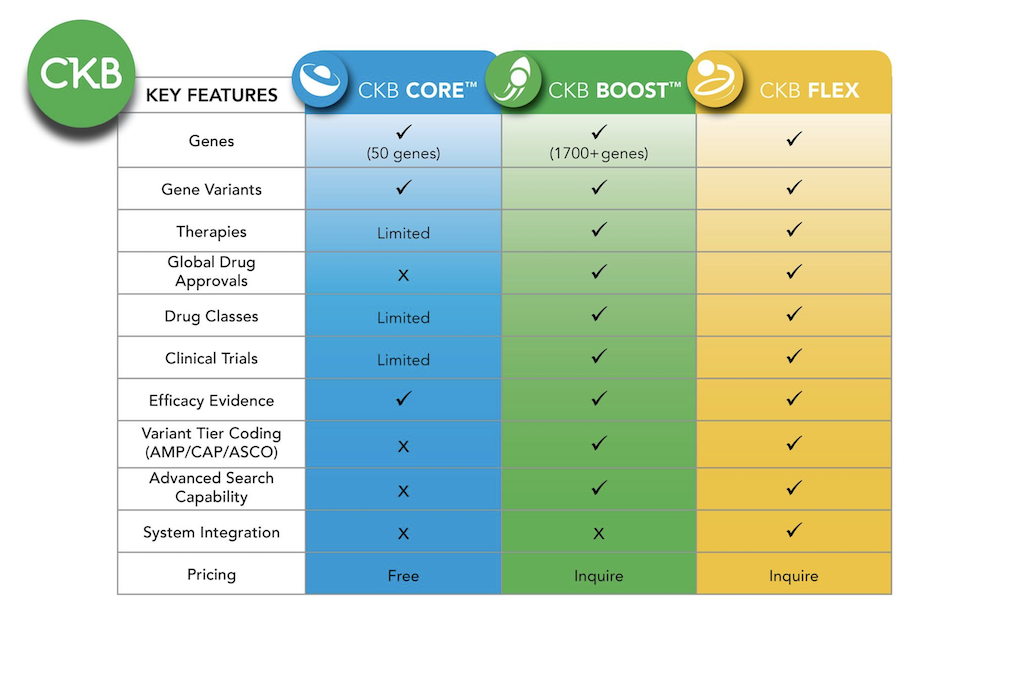Gene Detail
Contact
Missing content? – Request curation!
Request curation for specific Genes, Variants, or PubMed publications.
Have questions, comments, or suggestions? - Let us know!
Email us at : ckbsupport@jax.org
| Gene Symbol | MYD88 | ||||||||||
| Synonyms | IMD68 | MYD88D | WM1 | ||||||||||
| Gene Description | MYD88, MYD88 innate immune signal transduction adaptor, is an adapter protein involved in Toll-like receptor and IL-1 signaling in the immune response, cytokine secretion, and inflammatory response (PMID: 19506249, PMID: 30086464). MYD88 mutations are frequently identified in hematological malignancies (PMID: 25132836, PMID: 29703722), including B-cell non-hodgkin lymphomas (PMID: 30203262). | ||||||||||
|
|||||||||||
Additional content available in  CKB BOOST
CKB BOOST
